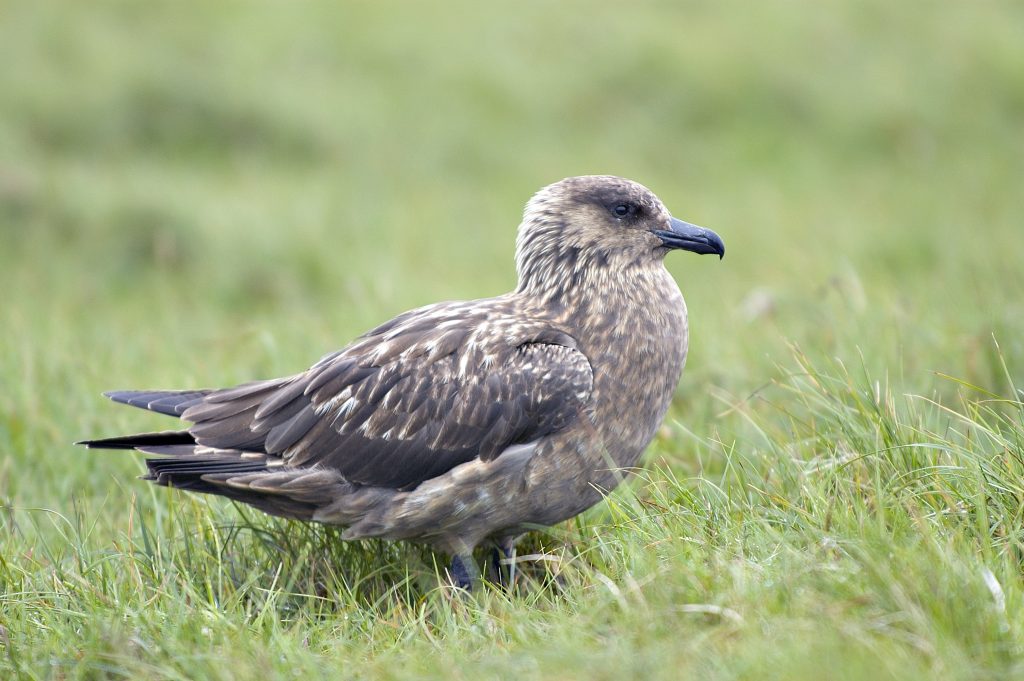Three isles off limits to combat bird flu

NatureScot is advising public landings to stop on three islands in Orkney, to help limit the spread of avian flu.
The move sees Swona and Muckle Skerry, and the Calf of Eday all off limits in order to give seabirds the best possible chance to survive and recover from the current severe outbreak.
This will be be in place until the end of August for breeding puffins, Arctic skuas and Arctic terns.
As well as advising that public landings are to stop at these three Orkney isles, NatureScot is issuing the same advice for 20 other small islands dotted around Scotland, including in Shetland and the Western Isles.
The virus is widespread across Scotland, with positive cases recorded in Shetland, Orkney, Outer and Inner Hebrides, Highland, Moray, Aberdeenshire, Angus, Fife, East Lothian and Scottish Borders.
Great skua, gannet and guillemot have been hardest hit. Sample surveys of colonies show up to a 85 per cent at decline of great skua at colonies in Orkney and up to 25 per cent decline in gannet numbers at Shetland colonies. Great black-backed gull, herring gull, kittiwake, Arctic tern, Sandwich tern, razorbill and puffin have also tested positive.
To make this decision, NatureScot carried out rapid assessments of all island Special Protection Areas (SPAs) designated for breeding seabirds, in consultation with island managers.
Relevant commercial boat operators have also been alerted, as well as all other recreation and visitor bodies and the local access authorities.
The measure is the latest in response to growing concern over the spread and impact of the current H5N1 strain of avian flu, particularly in seabird colonies.
Eileen Stuart, NatureScot’s deputy director of nature & climate change, said: “Restricting visits to these islands is not an easy decision, but we are increasingly concerned about the devastating impact avian flu is having in Scotland, particularly on our seabird colonies.
“Many of our Scottish islands are a haven for internationally important bird populations. With the avian flu crisis evolving so quickly, we have to respond to reduce the spread of this virulent disease. Tragically, this destructive disease could be with us for some time to come. In Scotland, with the new Task Force announced last week, we and our partners are committed to sharing our expertise and co-ordinating action on the ground.”
NatureScot say the situation will be under constant review and restrictions will be lifted as soon as possible, once the birds have finished breeding.

